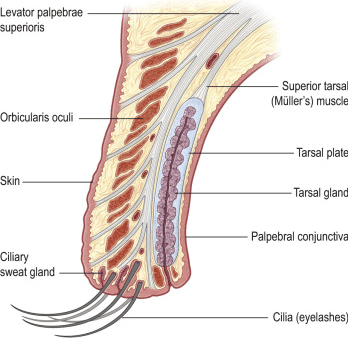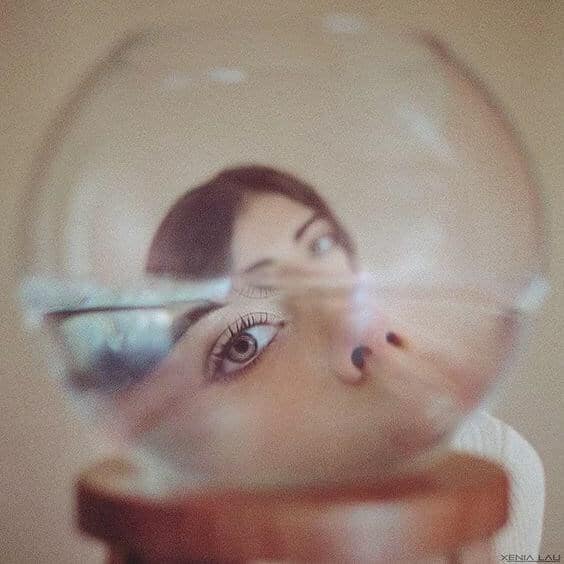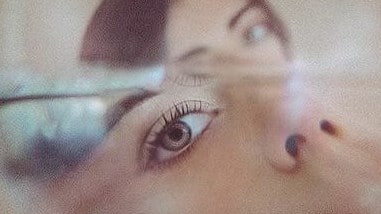When did you first notice your eyes aging? Was it the fine lines at the corners that were suddenly always there? Was it when you had to peel your skin back just to put on your makeup? Was it the amount of concealer you needed to smooth and blend the dark shadows and bags under your eyes? Or was it when every other person kept asking you if you were tired when in fact, you feel just fine?
The skin around the eyes is the most delicate skin on the body. It is ravaged daily by UV rays leading to early wrinkling and dryness. It swells with allergies and emotions. We all squint and smile and these activate the orbicularis oculi muscle around the eye resulting in crows feet. No wonder it ages so quickly! And yes, genetics do play a role too. I can’t tell you how many times during consultation someone will say “I got these from my ____”.
So now that you’ve noticed these changes, you can’t unsee them. And unfortunately, you can’t really hide them. Now what? Well, let’s first focus on the upper eyelids.
A Little Anatomy
The eyelids are composed of four layers: skin and subcutaneous tissue including its adnexa, striated muscle, tarsus with the meibomian glands, and the palpebral conjunctiva.

In layman’s terms, anatomically, upper eyelids are more than just skin and muscle protecting your globe. There are four main layers that make up the upper eyelid and allow you to open and close your eyelids as well as make tears/tear-film to protect your corneas. The protective function of the eyelid is both voluntary and involuntary so that whether you are awake or asleep, your eyes are in optimal condition. Not all the structures that make up the upper eyelid are crucial for these functions. This is where surgeons can intervene and tailor the anatomy for a better functional and cosmetic result.
What Can be Changed/Improved With an Upper Blepharoplasty (Eyelid Lift)?
- Cosmetic: remove extra skin so that your eyelid crease is visible and hooding is no longer an issue
- Cosmetic: remove fat or reposition the lacrimal gland so that the upper lid is not so full and heavy
- Cosmetic + Functional: set the eyelid crease in Asians or reset the crease in individuals who have had congenital, traumatic or idiopathic blunting of the crease due to weakening of the muscle fibers with age (ptosis)
- Functional: correct droopy eyelids (ptosis) by restoring the levator muscle to its proper position

Procedure Details:
Upper blepharoplasty can be safely and effectively accomplished in the office. It is a fairly quick procedure that can be done under local analgesia (numbing medicine) with or without an oral sedative for anxiety. Most of my patients take a little nap or chat with me during their procedure. There is little to no discomfort during and after the procedure. The eyes will be swollen and there may be some bruising. It is normal to not be able to close your eyes fully for the first few days as the swelling resolves. Ice often and frequently for the first 48-72 hours, this will help reduce inflammation. Sutures are removed between 5 to 7 days and you may wear makeup 2 days after sutures are out. Scar gels/creams are not necessary, these incisions heal very well.
How Long Do Results Last?
Results from an upper blepharoplasty last 10-15 years but remember you DO continue aging and some people will require a second procedure a year down the road to correct this area again.

Non-Surgical Options?
Are there any non-surgical options? Honestly, by the time you come for a consultation with me you are typically beyond the point where a non-invasive therapy is able to give you the best outcomes. However, for some people with minor skin excess and minor skin laxity, there are a few light based devices that may temporize the aging process until you are ready for upper blepharoplasty. In our office, these two options are:
Thermage or radiofrequency energy delivered to the eyelid skin to bulk heat the skin to a temperature that will stimulate collagen and elastin formation. This can tighten and lift the eyelid skin giving an improved appearance that lasts about a year.
CO2 laser resurfacing also delivers heat and energy to the skin. This laser creates tiny channels in the skin and blasts off damaged skin allowing new, smooth and undamaged skin to grow back. Collagen and elastin are stimulated as well, these effects are seen 8-12 weeks after the procedure. CO2 laser can be repeated every few years and in fact, I commonly combine this treatment with my upper blepharoplasty to refresh the skin and help maintain the results.

Skin Care/Topicals
It is always a good idea to keep your skin hydrated and protected from the sun. While there are many eye creams being sold, the basic principle should be maintaining moisture. SPF 30 is more than sufficient for the eyes and face but put some in your bag and remember to reapply! Start these habits early and make them part of your daily routine!
For before and after photos visit our EYELID SURGERY GALLERY



